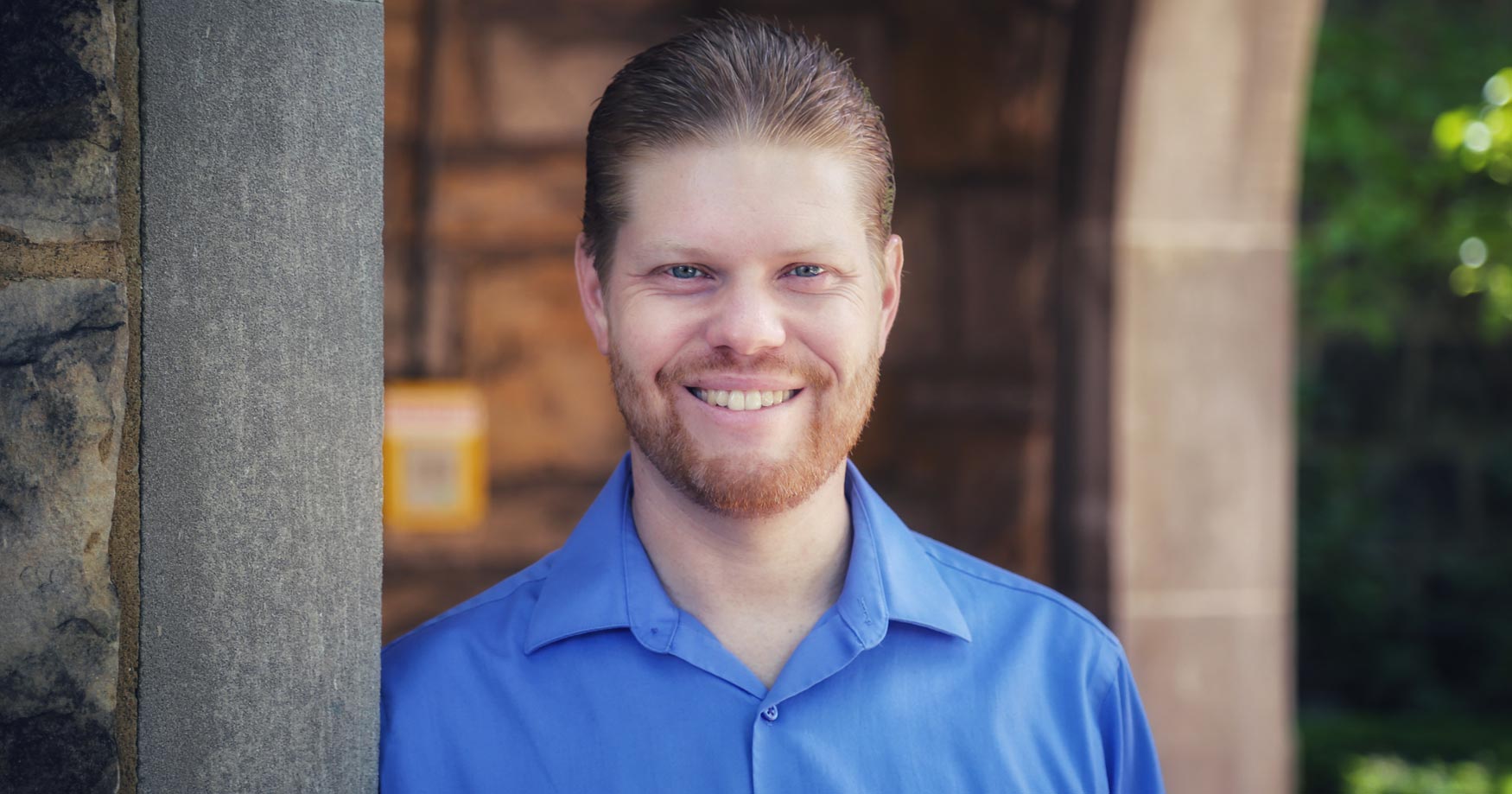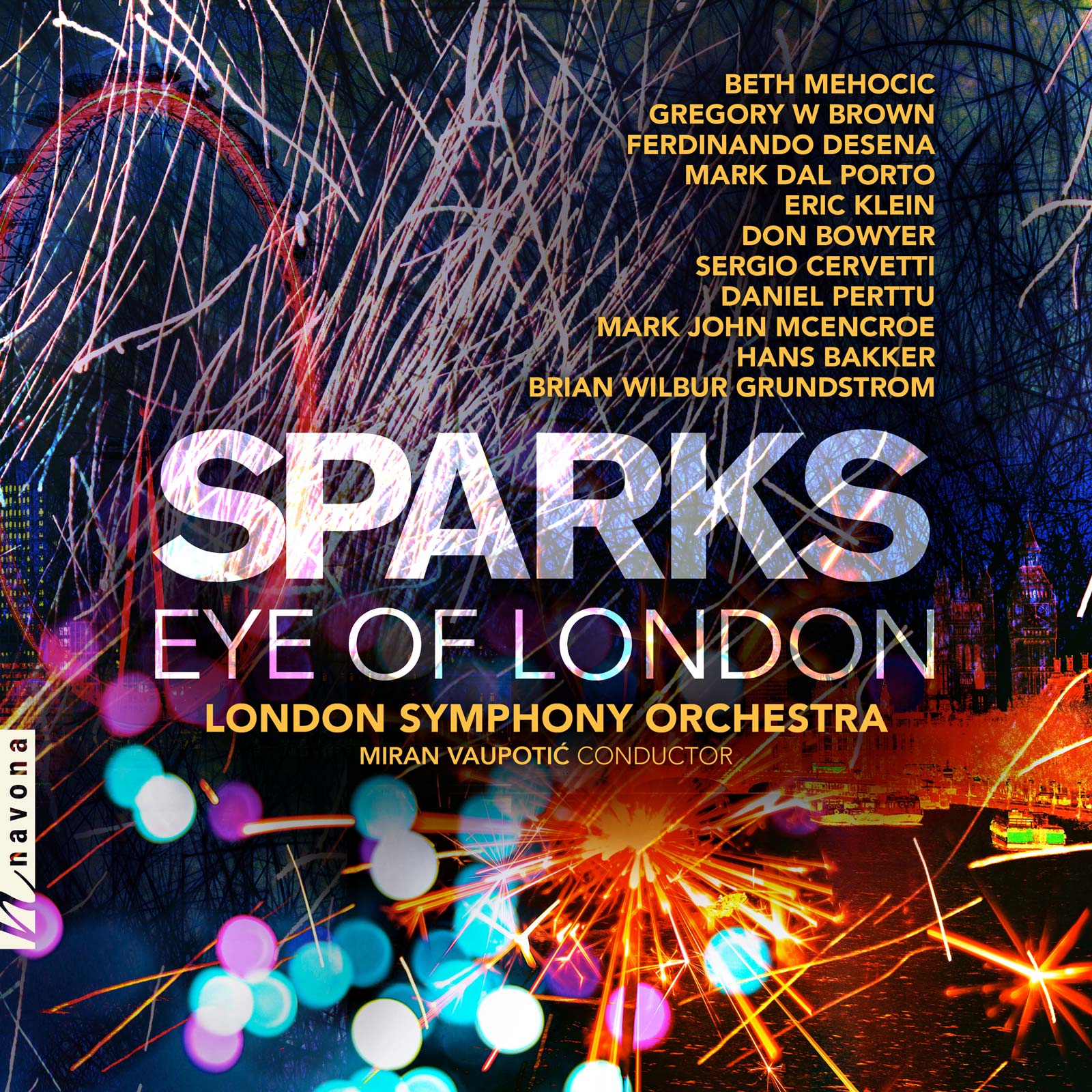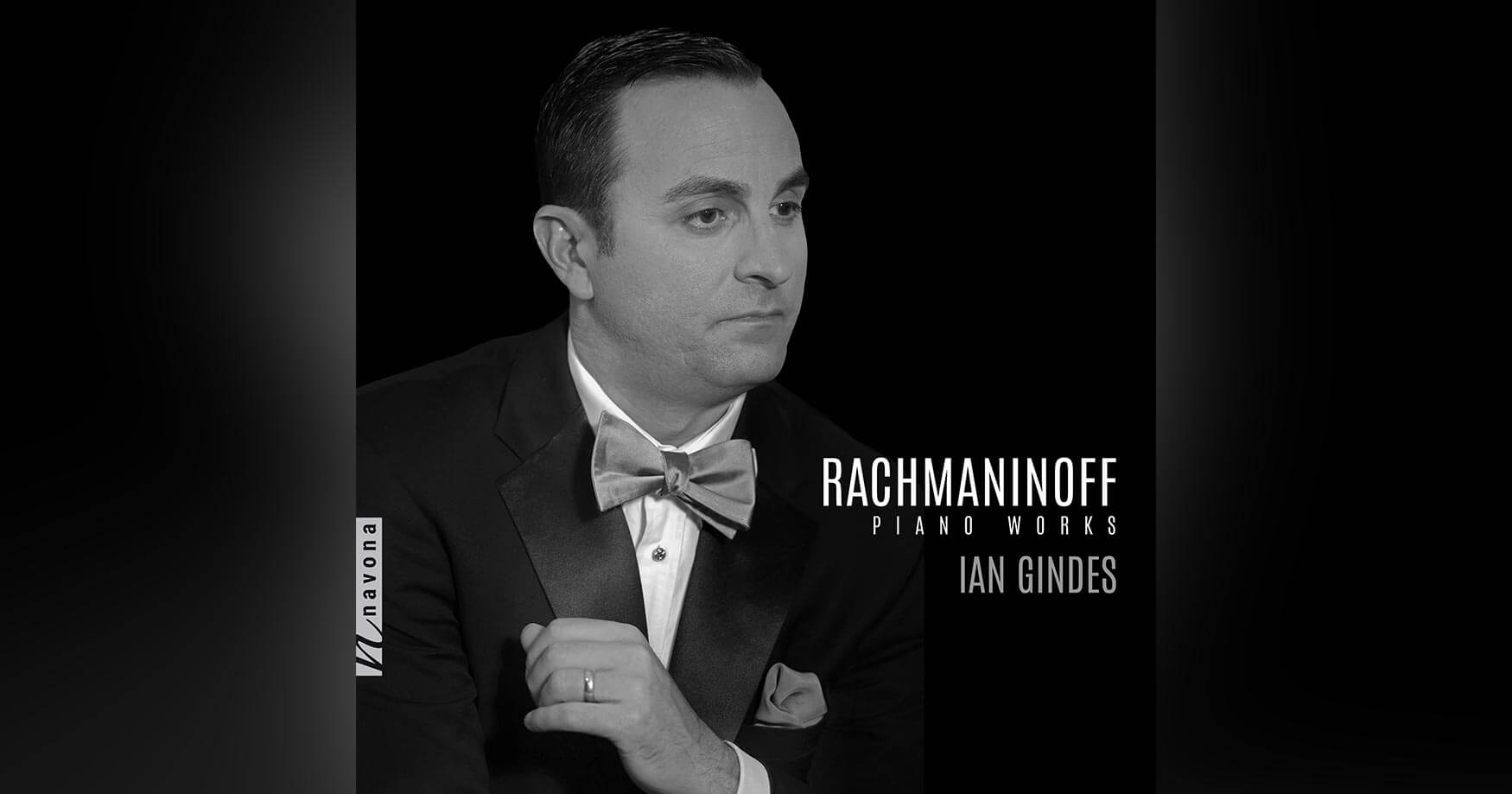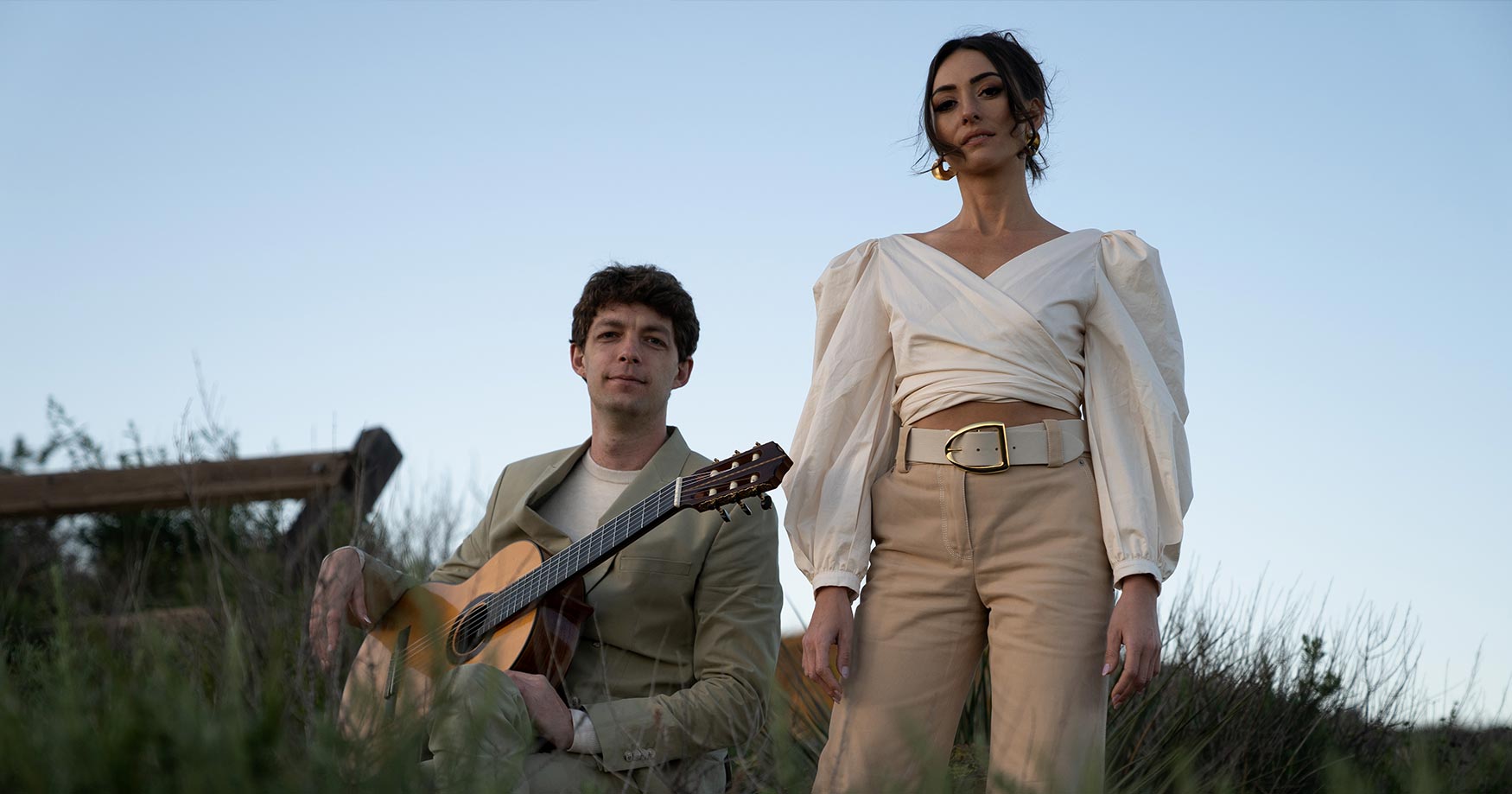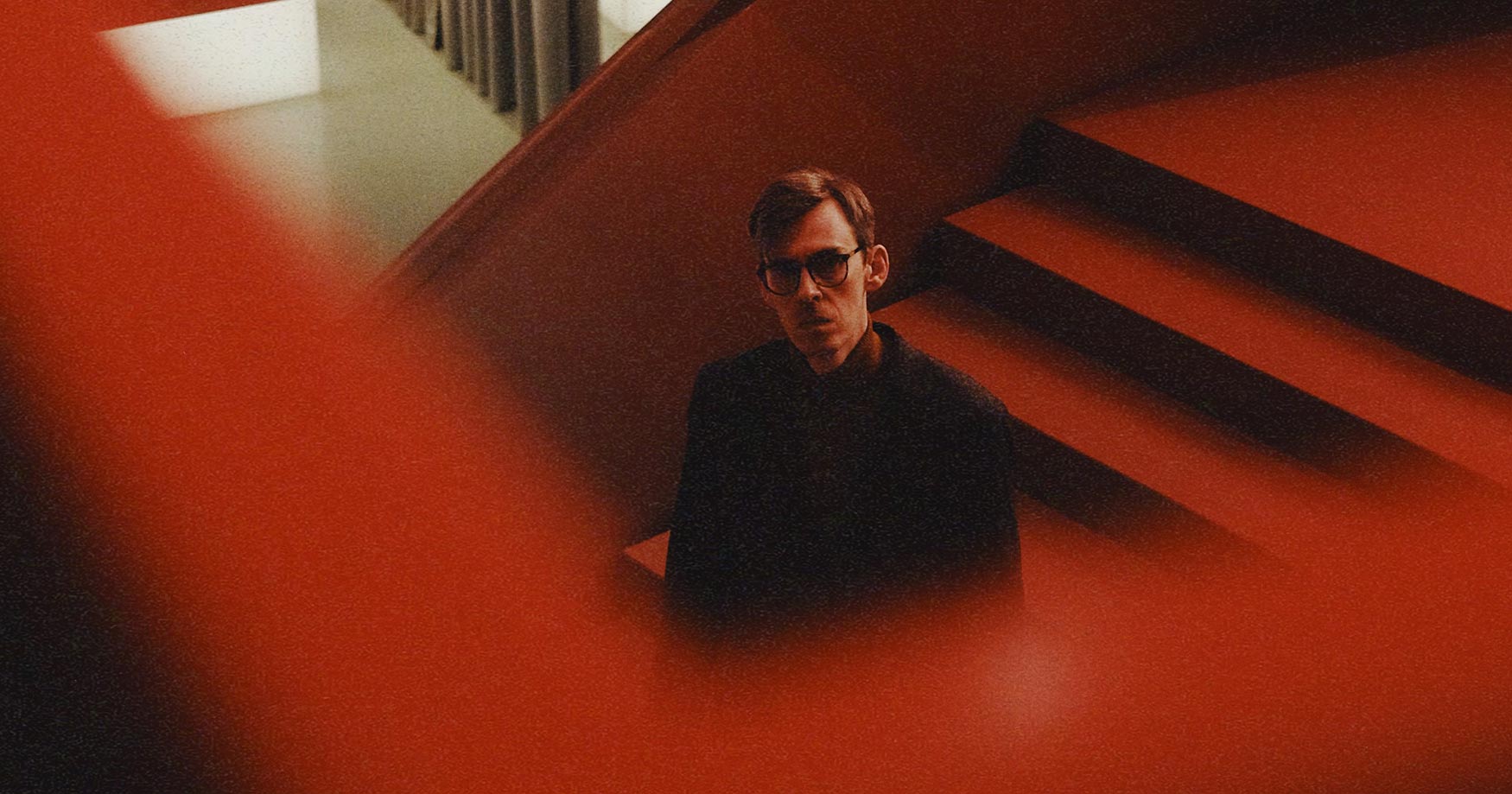Navona Records presents SPARKS: EYE OF LONDON, an assembly of original fanfares performed by the London Symphony Orchestra. Drawing from the compositional strengths of today’s composers, the orchestra navigates chaos and order, isolation, and ascension towards triumph through passionate orchestral writing reminiscent of the fire that burns within us. Featured on this album is composer Daniel Perttu and his piece Phoenix, a passionate work centered on the concept of renewal.
Today, Daniel is our featured artist on “The Inside Story,” a blog series exploring the inner workings and personalities of our composers and performers. Read on to learn about the story behind his piece Phoenix, and the transformative spirit he aims to convey in his writing…
What inspires you to write?
I am constantly searching for a certain feeling associated with some place or time that I only partially know of or sense. It’s a kind of sehnsucht, as they say in German, which is associated with a “degree of a violent and often painful longing for something, especially when one has no hope of attaining what is desired, or when attainment is uncertain, still distant.” I try to capture this feeling in my music. What might inspire this feeling are myths, legends, beautiful landscapes, or other beautiful things or concepts. This may sound all highfalutin, but I feel this sehnsucht all the time. It’s just a part of my consciousness. When I listen to music by my favorite composers, I often feel this, but I also get this sense from gorgeous landscapes, poetry, or some visual art. And then, I transform this sensibility into music.
What do you hope this album will mean to listeners?
My concert opener Phoenix is about rebirth. I wrote it when the COVID-19 pandemic started, and so I was very much preoccupied with when the turmoil was going to be over. However, Phoenix isn’t a pandemic piece; it is a renewal piece. I hope listeners will be taken in by the drama in the beginning of the piece and how that drama is transformed via a contemplative, song-like section in the middle into a more triumphant return. This theme of “struggle to triumph” is hardly original, but the way I capture the struggle and transform it into triumph is a fresh approach. I want my listeners to feel transformed and refreshed by the end of the piece.
Where and when are you at your most creative?
Because I have two young kids (ages 5 and 8), I have to be able to compose at any time in any environment. As long as I have earbuds that cancel out noise, I can compose in most environments. I actually compose a fair amount on airplanes. My ideal space in which to compose is with a view of a beautiful landscape, or of the woods. Fortunately, I live near woods, so they can be a great thing to look up at. In my office at the College, I have large pictures from a lot of my vacations, so I use those as a way to escape into those beautiful places. Of course, ideally, I would love to have a composing cabin in the Rocky Mountains, similar to Mahler’s hut in the Alps (but more livable than a hut), but I’m not made of money.
What was the first performance you remember seeing?
I don’t remember seeing one specific performance, but I grew up near Cleveland and remember going to Cleveland Orchestra concerts frequently, both at Severance Hall in the regular season and at the Blossom Music Center in the summer. We had access to orchestra music frequently, and I know that kindled my passion for listening to, playing in, and writing for orchestras.
What advice do you have for young musicians?
I always like to tell young musicians to get to know as much music as possible – both “classical” and otherwise. And, within the “classical” world, besides knowing the canon, put the effort into getting to know the work of living composers. We are shaping music of our time now, and young people need to continue that process too.
How have your influences changed throughout the years?
When I was younger, I tended to love dark, dramatic music, particularly the Mahler symphonies. I still love those works, but some of his music is so unremittingly dark, and I don’t always relish the emotional heaviness. His and the works of other more dark-inclined composers influenced me when I was younger, but now I seek out more uplifting and transformative music (including the works of Mahler that are brighter). Composers that currently influence me don’t do so in a direct way so much, but more indirectly, by conveying the spirit of their music. I particularly like the work of Vaughan Williams and Rautavaara. I try also to capture a more uplifting and transformative spirit in my current writing than I did when I was younger.
Explore Daniel’s Latest Release
SPARKS: EYE OF LONDON
SPARKS: EYE OF LONDON is available now from Navona Records. Click here to visit the catalog page and explore this album.
The views and opinions expressed in this post are those of the artist and do not necessarily represent or reflect the views and opinions held by PARMA Recordings LLC and its label imprints, subsidiaries, and affiliates.
